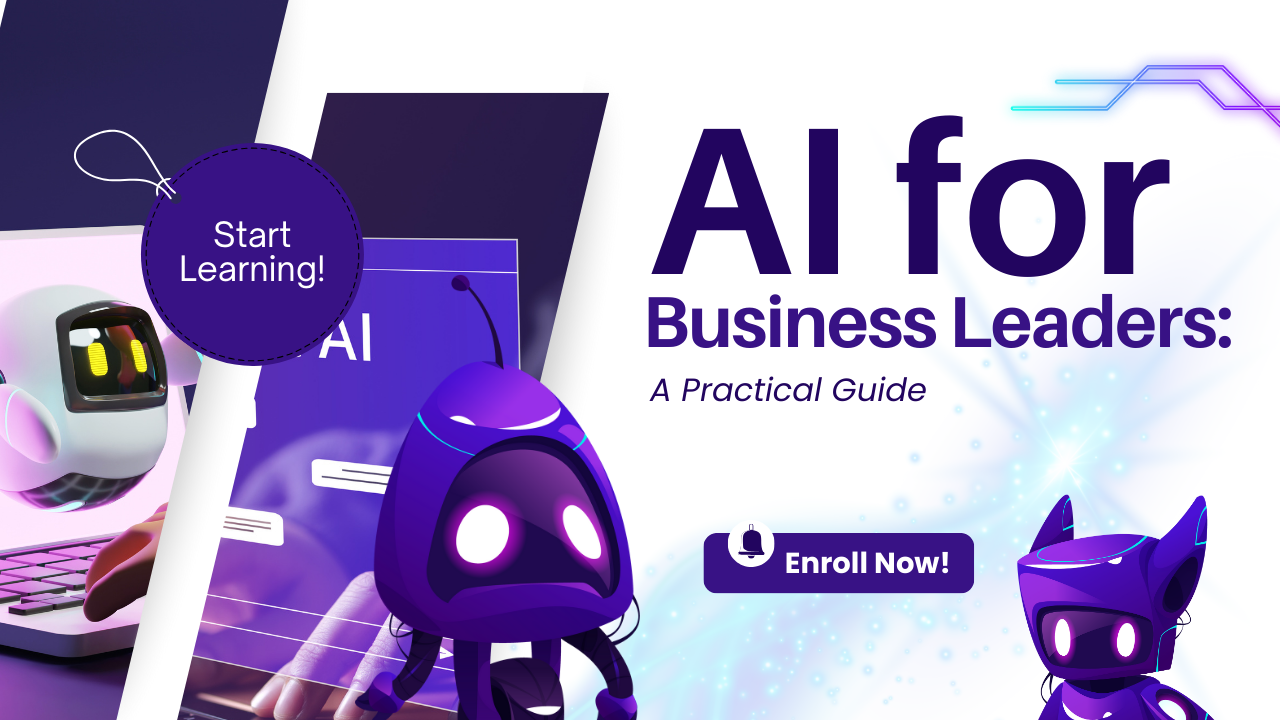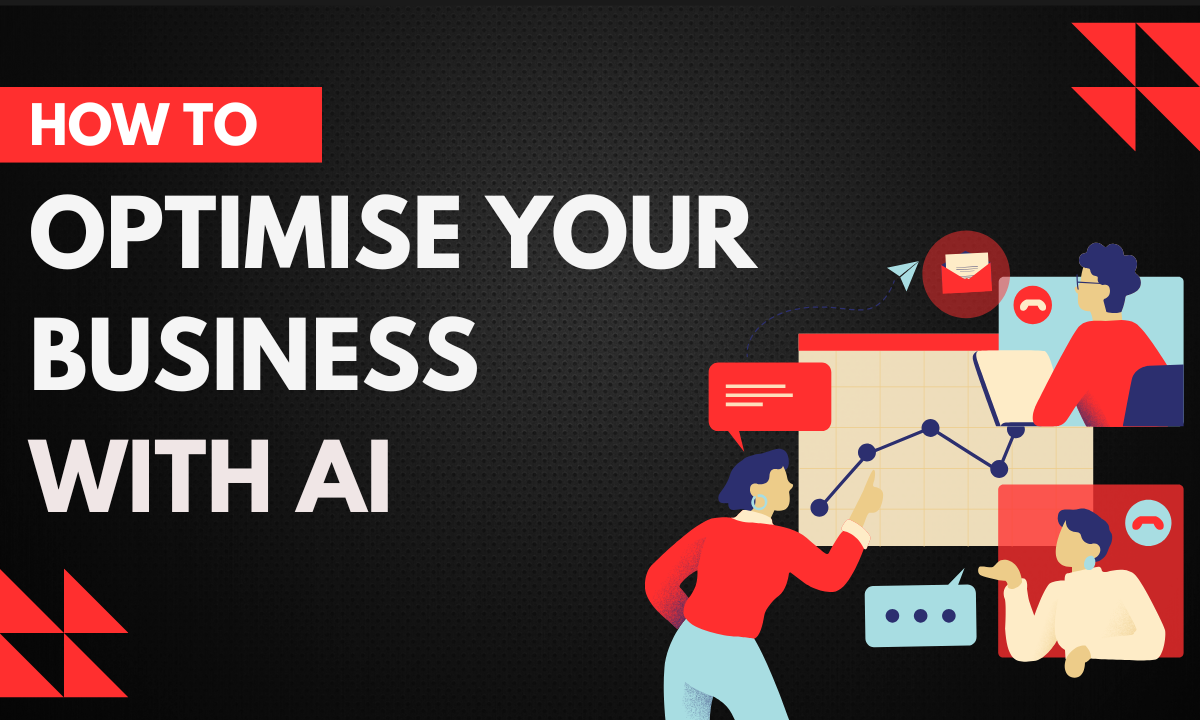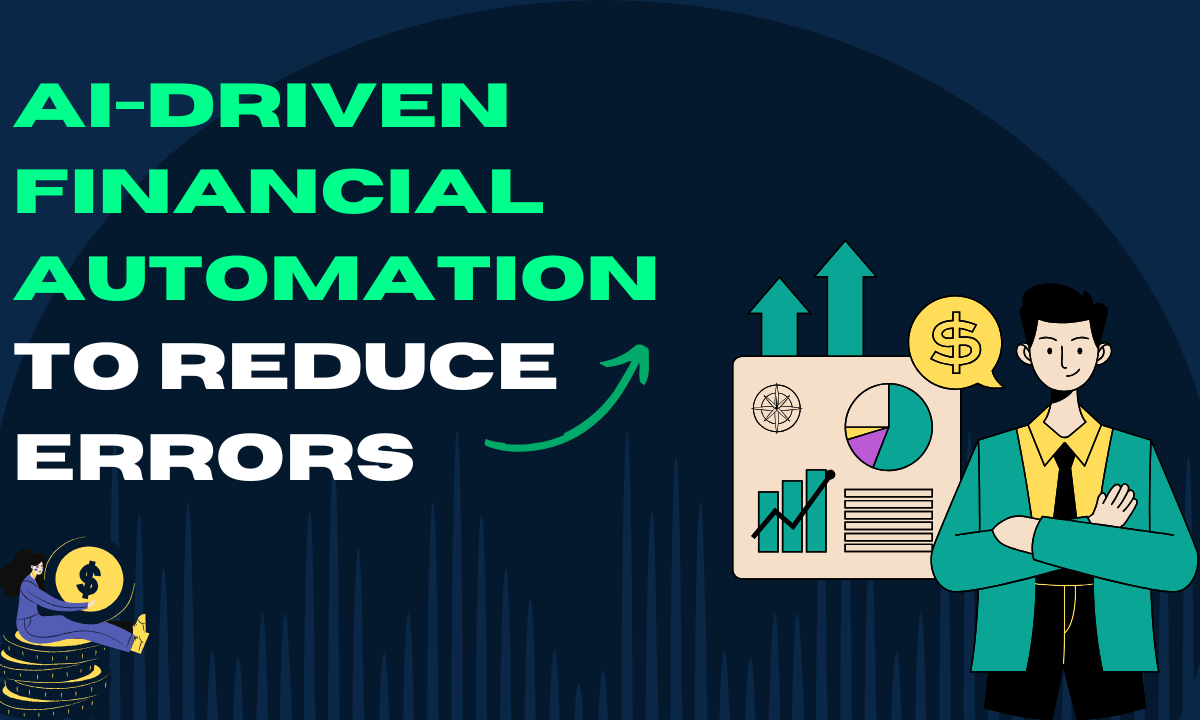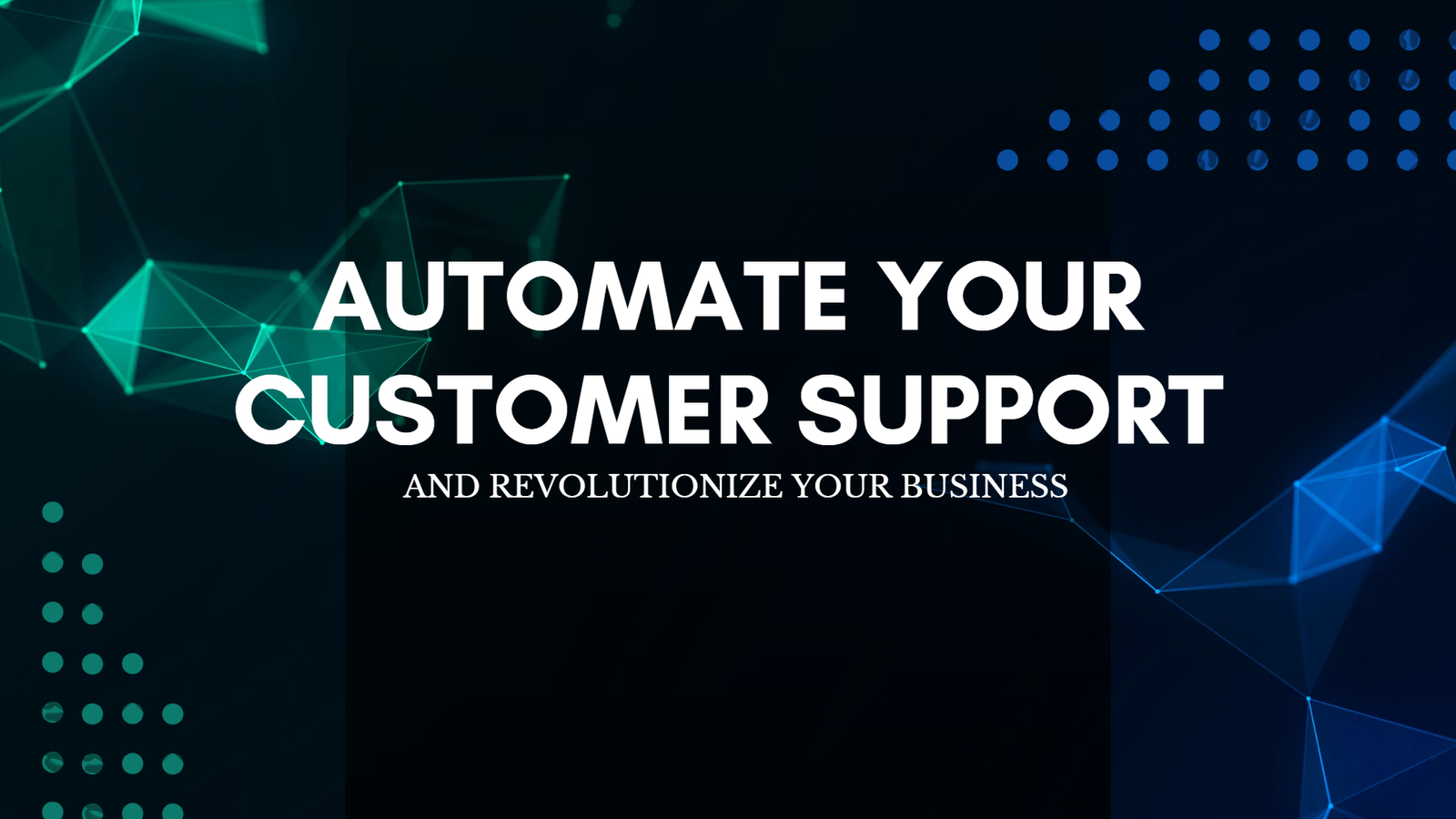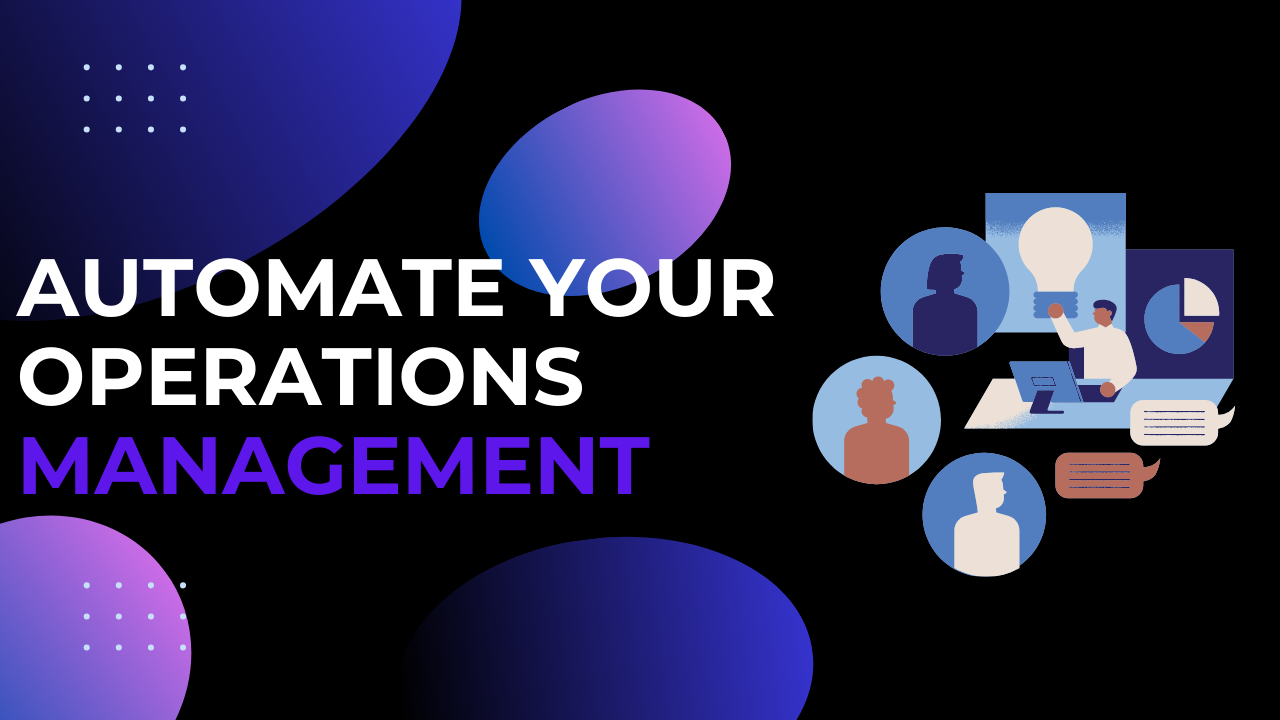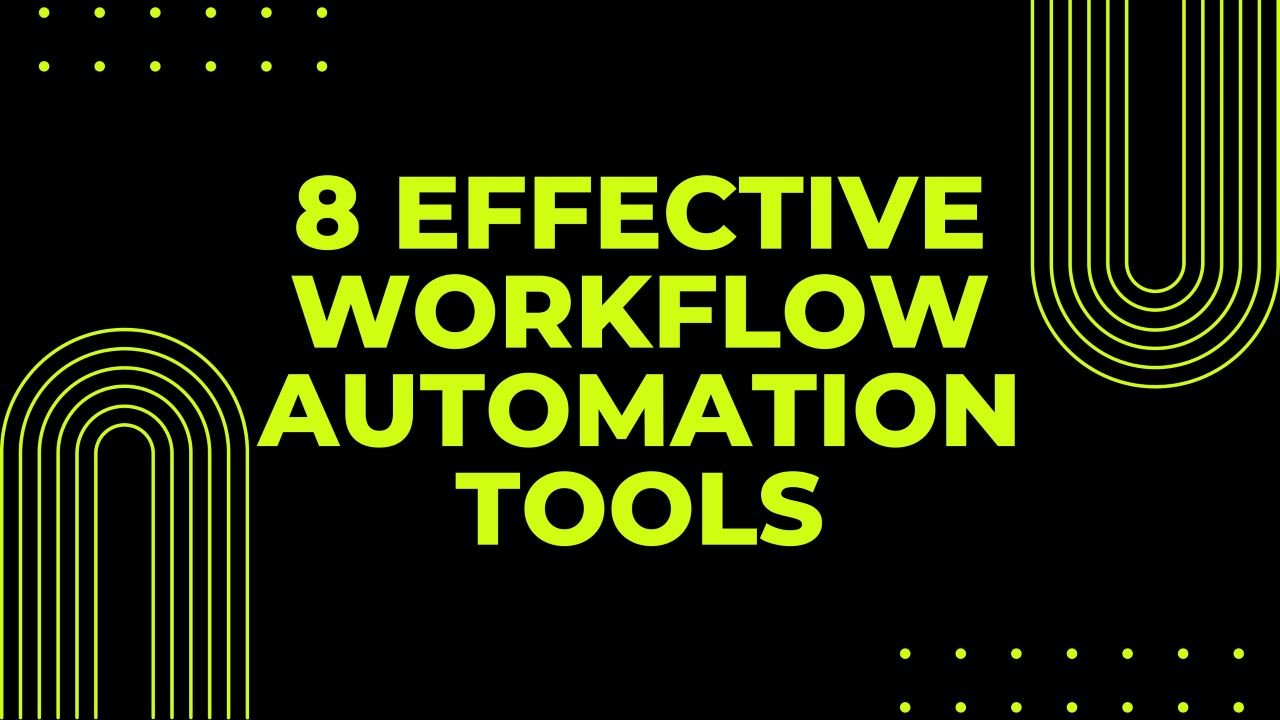As a business owner, have you ever felt overwhelmed by inefficiencies in your operations, frustrated by outdated systems, or struggled to keep up with increasing customer demands? You’re not alone. Many businesses today face these challenges daily. Businesses are asking how to remain competitive and relevant as a result of traditional processes’ inability to meet the ever-changing needs of modern markets. Well, there’s a solution to this – a revolutionary force that is changing the way companies function and expand: Business with AI.
By 2025, the worldwide AI market is predicted to reach an astounding $190 billion. More than 61% of businesses employ AI to increase user satisfaction, accuracy, and response times, especially in customer service. Consider the case of Amazon. By leveraging AI, Amazon’s Alexa uses natural language processing to respond to customer queries, recommend products, and control smart home devices.
Similarly, Google Assistant utilizes AI for conversational interactions, offering recommendations and managing devices through voice commands. These AI-driven innovations have not only improved customer satisfaction but also streamlined operations. Imagine what similar AI-driven strategies could do for your business.
Still, wondering what’s an AI-driven strategy for business? We will make it easy for you. It is a strategy for incorporating AI into a company to enhance and fit the business objectives. This plan is a roadmap that lays out the steps to achieve business goals with AI. you can implement business with AI and elevate your ongoing processes to the next level through automation. The AI plan includes instructions on how to use AI to improve delivery processes, increase efficiency, extract deeper insights from data, and automate any task, depending on the company’s objectives.
In this article, we will look at how AI might enhance vital business areas, how to choose the best AI tools for your business, the best methods for applying AI responsibly and ethically, and how to evaluate and improve your AI systems for long-term success regularly. Businesses desiring to remain relevant and grow must acknowledge and embrace AI as it has become a non-negotiable.
Revolutionizing Business with AI: How Starbucks leveraged AI to Enhance Customer Experience

We all love Starbucks coffee, right? Starbucks, the global coffeehouse chain, has been a pioneer in integrating AI into its business strategies. This example of Starbucks will convince you that business with AI is doing wonders worldwide.
Like every other business, Starbucks, With thousands of locations worldwide and millions of daily customers, faced the challenge of maintaining a consistent and personalized customer experience. It wanted to enhance customer engagement, optimize inventory management, and streamline operations across all its locations. Let’s see how Starbucks implemented AI in various workflows.
AI Implementation:
- Personalized Customer Experience:
- Starbucks Mobile App: Starbucks introduced a highly personalized mobile app powered by AI in 2011. The app uses machine learning algorithms to analyze customer purchase history and preferences. Based on past orders and time of order a dataset is created. This data allows the app to suggest personalized drink recommendations, send tailored promotions, give birthday offers, and offer loyalty rewards.
- Deep Brew Initiative: Launched in 2019, the Deep Brew initiative aims to leverage AI and machine learning to provide personalized customer experiences. Deep Brew uses data from over 90 million Starbucks Rewards members to offer individualized promotions and product recommendations.
- Apart from this, the data collected from the customer activities was used to train Algorithms, which were leveraged to innovate new products based on personal preferences for milk, sweetness, and much more.
2. Inventory Management:
- Predictive Analytics: AI-powered predictive analytics help Starbucks manage inventory more efficiently. By analyzing historical sales data, weather patterns, local events, and even social media trends, Starbucks can forecast demand for different products and help identify where they can launch a new store. Every time someone searches for Starbucks near me, the location data is collected which is used to determine the location of new stores based on demand.
3. Operational efficiency
- The Starbucks app also integrates voice-activated ordering through AI assistants like Amazon’s Alexa. Customers can place orders using voice commands, making the process faster and more convenient.
Takeaway: Starbucks’ integration of AI into its business strategy highlights the significant impact AI can have on enhancing customer experience, optimizing operations, and driving sales. By leveraging machine learning, predictive analytics, and voice assistants, Starbucks sets a benchmark for using AI to stay competitive. For businesses aiming to implement AI, starting with clear objectives and leveraging data effectively is key. Starbucks’ success demonstrates how AI can drive long-term benefits and inspire effective integration into business strategies.
Transforming your Business with AI

AI is already changing the game in various business sectors. Think about your own business. How could predictive maintenance reduce downtime in your operations? AI-powered recommendation engines could significantly improve your customer satisfaction by providing tailored experiences. Let’s explore what AI strategy you can implement to boost your business like Starbucks.
- Personalized Marketing: Targeting the Right Customers
Another hugely beneficial area for firms is AI-driven marketing automation. Personalized marketing has been shown to boost sales by 20%, according to McKinsey. Machine learning algorithms examine the purchasing patterns, inclinations, and behavior of each client to provide offers and information that are specifically customized to each individual. Increased revenue, improved client loyalty, and more engagement are all correlated with this degree of customization.
- Predictive Maintenance: Reducing Downtime and Costs
In sectors like manufacturing and aviation, AI-enabled predictive maintenance can result in an almost 50% reduction in equipment downtime, says PwC. AI-powered machinery can predict equipment failures by processing real-time equipment data. This enables organizations to repair equipment before it breaks, prevent downtime, and reduce equipment maintenance costs and life.
Steps that can help you leverage AI in the best way possible
To implement a Starbucks-like AI strategy in your business, follow these steps:
1. Define Objectives: Set clear business goals and KPIs to track AI success.
2. Collect and Analyze Data: Gather relevant data and analyze it to understand customer behavior and operational inefficiencies.
3. Choose AI Tools: Select tools for customer experience (e.g., chatbots), operational efficiency (e.g., predictive analytics), and more as per the required business function. Some useful tools are provided in the next section.
4. Develop and Deploy AI: Build and integrate AI models tailored to your business needs.
5. Personalize Interactions: Use AI for personalized marketing and customer support. Start with trained data and keep improving it for better results.
6. Optimize Operations: Implement AI for predictive maintenance and inventory management.
7. Continuous Improvement: Monitor AI performance, conduct A/B testing, and update models regularly.
Selecting the Ideal AI Tools for Your Business
It’s essential to take into account both your company’s unique requirements and the tools’ functionality when selecting artificial intelligence tools for your business. These options cover a wide range of company demands and technical skill levels, from ready-to-use solutions to bespoke frameworks.
Specific AI Tools for Business Functions
- Customer Service: Select these tools if your goal is to enhance customer service efficiency and availability.
- IBM Watson Assistant: Provides AI-driven chatbots for 24/7 customer support.
- Zendesk Answer Bot: Uses AI to help answer customer inquiries and guide them to the right solutions.
- Sales and Lead Generation: Use these tools if you want to boost sales performance and improve lead management with AI insights.
- Salesforce Einstein: AI capabilities integrated into the Salesforce platform to predict sales trends and personalize customer interactions.
- HubSpot’s AI Tools: Provide lead scoring, predictive analytics, and customer behavior insights.
- Marketing Automation: Choose these tools if your focus is on personalized marketing campaigns and improving customer engagement.
- Adobe Experience Cloud: Offers AI-driven insights and personalization for marketing campaigns.
- Marketo Engage: Uses AI to automate and optimize marketing efforts.
Practical AI tools to streamline your business with AI
- Hugging Face: for enhanced customer interactions
Hugging Face provides a suite of tools for natural language processing (NLP), including pre-trained models for text classification, sentiment analysis, and more.
Use case: It is for businesses looking to enhance customer interactions through chatbots or analyze customer feedback.
- Zapier: This platform allows businesses to automate workflows without writing any code and by simply integrating different software tools.
Use Case: Perfect for businesses that want quick, easy automation of tasks like sending emails, and updating CRM records with minimal technical effort.
- Salesforce Einstein: AI solutions for specific business needs like sales and service, integrated into Salesforce.
Use case: can be used to enhance CRM capabilities with AI
Conclusion
AI-driven strategies have the amazing ability to completely change how companies run, from improving customer experiences to expediting workflows. But the way AI is embraced and used—rather than just the technology itself—is what gives it its power. Businesses can ensure that AI is used properly by making ethical management decisions, keeping systems transparent, and selecting the appropriate tools.
Businesses can maintain an advantage in a dynamic and competitive environment by consistently enhancing and improving their AI strategies. This allows them to position themselves not only for short-term profits but also for long-term, sustainable success.

